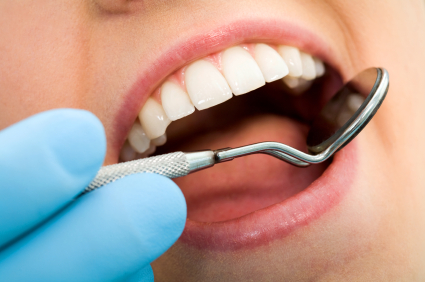Severe anxiety could be keeping you from your dental appointments. Don’t let your dental health suffer. If the thought of spending any time in the dentist’s chair terrifies you, then seeing a sedation dentist in Reston might take away some of your fear and anxiety.
Sedation dentistry: what is it?
Sedation dentistry involves the use of sedatives and medication to aid relaxation. Patients undergo sedation before the procedure, which lessens or eliminates their fear and anxiety. They usually remain awake throughout the process. For patients with severe dental anxiety and fear, though, they will go under general anesthesia and won’t be awake when the treatment is carried out.
Different levels of sedation
There are different levels of sedation. You can talk to your dentist about which treatment suits you better.
- Minimal sedation. A mask will be put over your nose and you’ll use that to breathe in nitrous oxide with oxygen, which will help you relax. You’ll stay awake throughout the procedure.
- Moderate sedation. Also referred to as conscious sedation, you’ll remain conscious throughout the process. However, you might slur your words and you might not remember what happens during the treatment.
- Deep sedation. You will remain at the edge of your consciousness. However, the dentist will still be able to wake you up.
- General anesthesia. General anesthesia will leave you in a totally unconscious state or even deeply asleep during the process. You won’t wake up easily, and you will need someone to drive you home or wait until the anesthesia wears off before you leave.
Reasons for sedation dentistry
Sedation dentistry helps make time pass quickly. It not only deals with your fear and anxiety, but it also saves you several trips. If you also have a strong gag reflex, getting sedated means your dentist can do more work in a session. Call a sedation dentist in Reston from Cascades Center for Dental Health and learn more about how they can help.
Follow us on Twitter.



